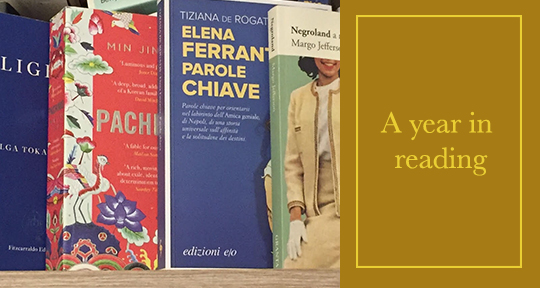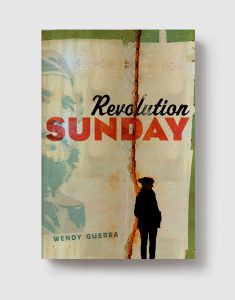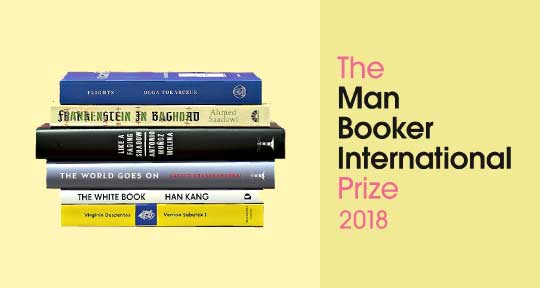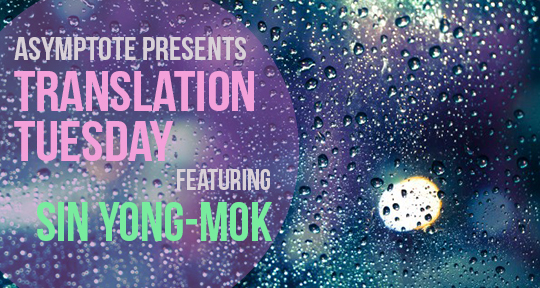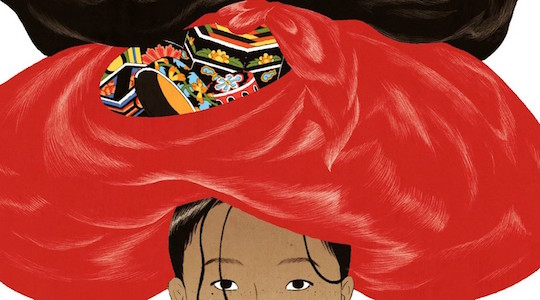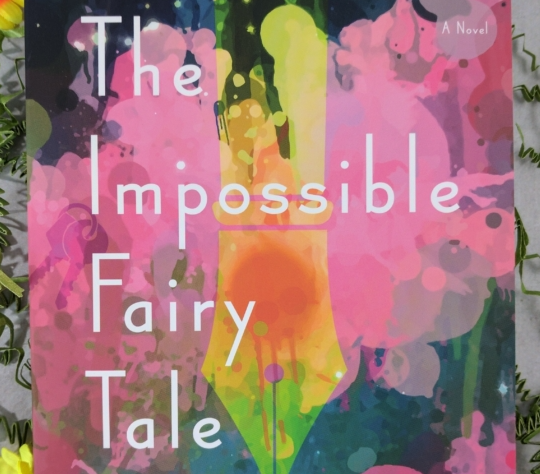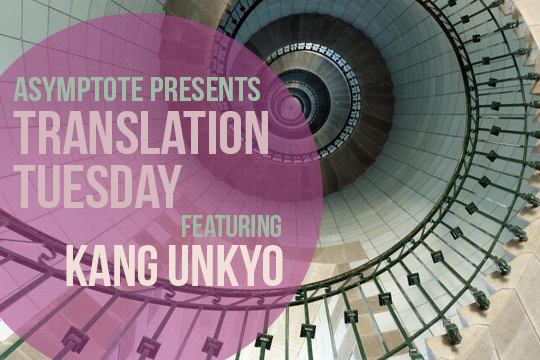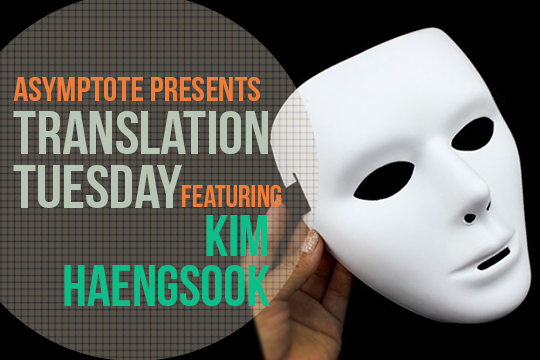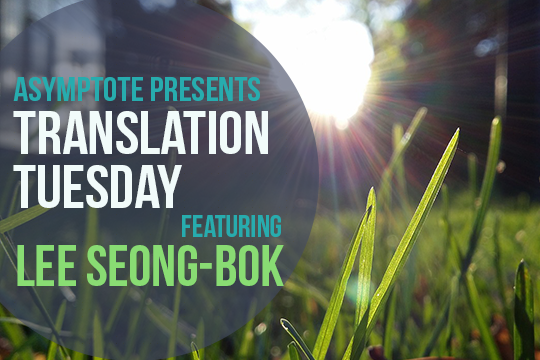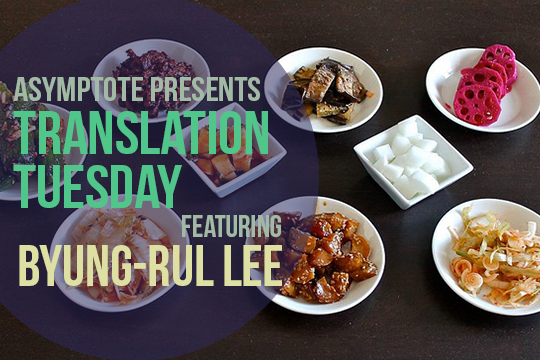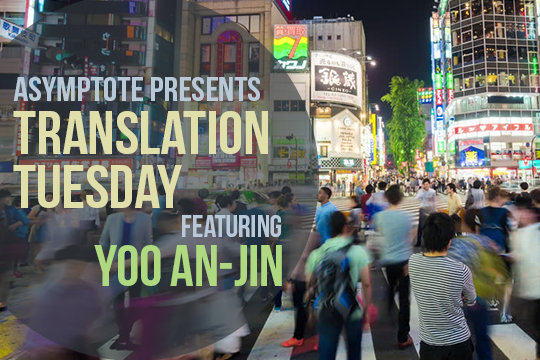Barbara Halla, Asymptote’s Editor-at-Large for Albania, walks us through her reading list for 2018, a diverse set of novels, short stories, and nonfiction books by women writers. Along the way, she reflects on feminist theory, the beauty of contemplative essays, and the power of collective memoirs.
Anyone who has had the (mis)fortune of following me on Twitter knows I am a dedicated disciple of Elena Ferrante. So, when I found out that Edizioni E/O had published an extended literary analysis of her work, I risked missing my flight by rushing to my favourite Milan bookstore (Rizzoli) to buy a copy.
Tiziana de Rogatis is an Italian professor of Comparative Literature, and her book Elena Ferrante. Parole Chiave (Elena Ferrante. Key Terms, not yet available in English) is exactly the kind of book my nerdy heart needed: an investigation into the literary and philosophical works underpinning Ferrante’s literary creations. I think it’s important to note that a great part of Ferrante’s appeal is in her ability to shore her works into a lived reality, one that does not require an extensive knowledge of Italian history, or feminist theory, to be appreciated fully. In fact, with the slight exception perhaps of her collection of essays and interviews Frantumaglia (translated by Ann Goldstein), you lose absolutely nothing if you go into it with little context. That being said, de Rogatis does a fantastic job at explicitly laying out and connecting Ferrante’s text to the literary foundation upon which they were built, her analysis a sort of Ariadne’s thread helping the reader through the labyrinth of Ferrante’s writing. Ferrante borrows heavily from Greek and Latin mythology, like Euripides’ Medea or Virgil’s The Aeneid. Many of the struggles her women experience and the way they think about those struggles can be mapped directly onto various modern feminist texts, including Gayatri Chakravorty Spivak’s “Can the Subaltern Speak?” and Adrienne Rich’s Of Woman Born. Hopefully Europa Editions will translate this book, too, because it is essential reading if you are even mildly obsessed with Ferrante. I am currently re-reading the series and am amazed at how much de Rogatis’s work enriched my understanding: Elena Greco, for example, uses the word “subaltern” frequently throughout the Quartet.

